Let’s learn to appreciate our world—she’s had had a lot to deal with.
READ ALSO: Home Companion: 4 Coffee-Table Books That Wax Poetic About Home And Design
“I can see the sky again…nature is healing.” This much memed statement was all the rage in the early months of lockdown, as people in quarantine looked out of their windows and saw clear skies from a lack of belching cars outside, or when a set of roving goats overtook the empty streets of Llandudno, Wales.
Unfortunately, a pandemic had to be the factor that told us how much better things could be, but it doesn’t have to be this way. Here are five books that will help you appreciate our ailing earth, and what we can do to help make it better for generations to come.
How To Do Nothing: Resisting the Attention Economy by Jenny Odell
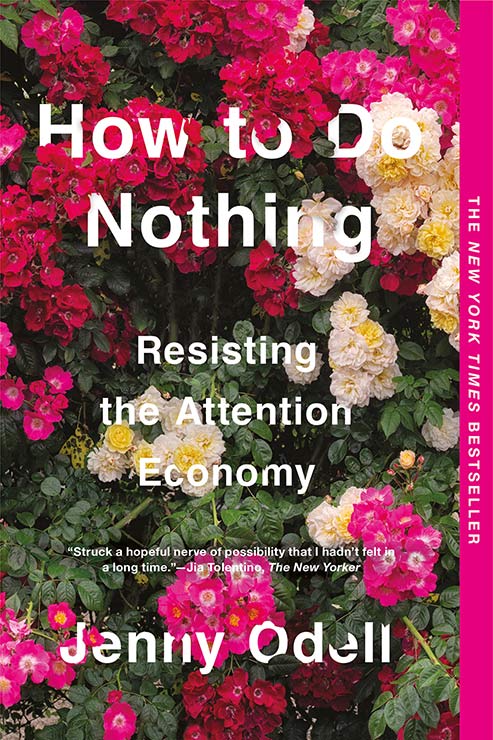
Are you increasingly overwhelmed by the daily bombardment we experience in the digital sphere? In How To Do Nothing, Jenny Odell gives us a manifesto on how to opt out of an Internet-dominated world. One of the ways she counsels on doing this is to appreciate the natural world. Take the time to see and live with the glut of flora and fauna around us, she says. Instead of thinking of Twitter, of networking, of algorithms, why not take the time to go on a hike?
Braiding Sweetgrass by Robin Wall Kimmerer
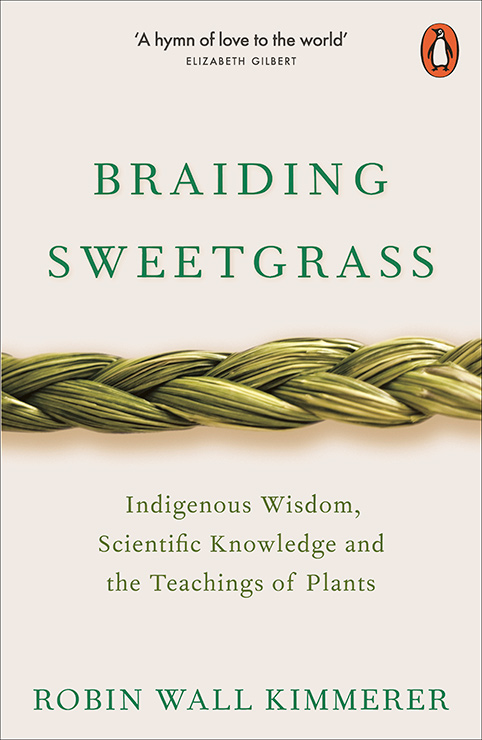
In Braiding Sweetgrass, Robin Wall Kimmerer proves that the scientific world does not have to have a narrow point of view. It could do, she believes, with a touch of natural, indigenous knowledge. Drawing on her family’s history as members of the Citizen Potawatomi Nation, she shares the story of how indigenous tribes engaged in a reciprocal relationship with land’s natural bounty, how arrivals from far off shores severed that relationship for their means, and how we can get back to it before it is too late.
Silent Spring by Rachel Carson
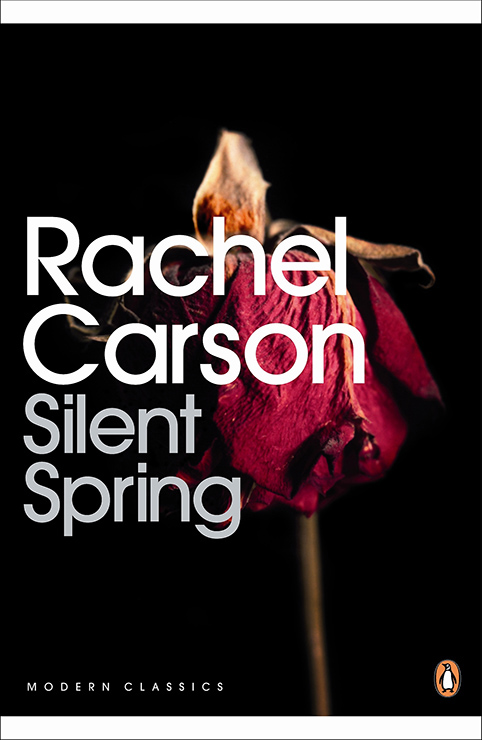
Arguably the first, most famous environmental call to action, Rachel Carson’s Silent Spring was published in September 1962 and galvanized environmental activism with its documentation of the negative effects caused by pesticides. Despite lobbying from the chemical industry to railroad her efforts, the book changed the United States’ national policy on pesticides and led to the creation of the US Environmental Protection Agency.
Upstream: Selected Essays by Mary Oliver
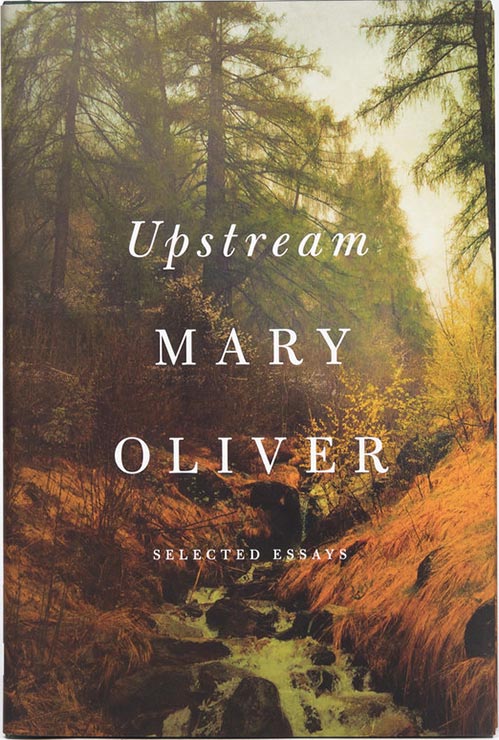
One of the United States’ most beloved poets, Mary Oliver’s Upstream is an essay collection on the influence of the natural world on her writing and her ways of seeing. From kneeling in the woods to observe her surroundings from the perspective of grass, to nursing a dying seagull, reading these essays feels like a thoughtful meditation on how we can appreciate the environment we have been given.
The Overstory by Richard Powers
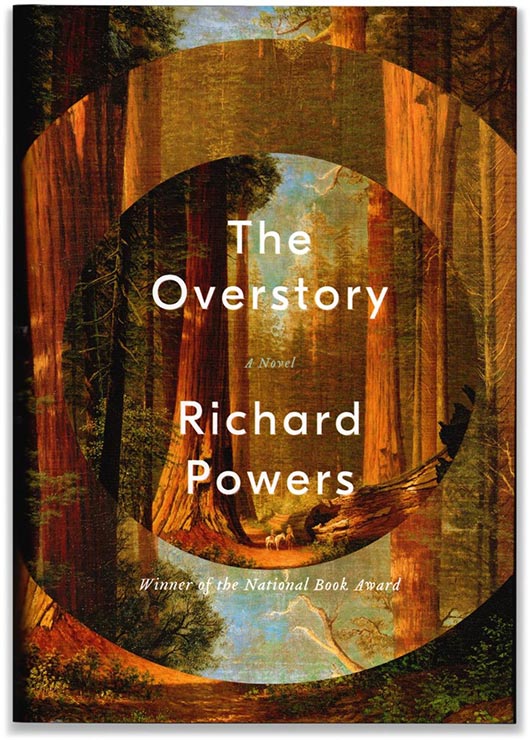
The only fiction novel in this list, The Overstory is a paean to the world of trees and all that they do for us, and the effect of unsustainable logging practices on the world and its people. The title is the word used to refer to the layer of foliage in the forest canopy, a history of accumulated nutrients for the woodlands, and the animals that feed on them. Without trees, the delicate balance in our ecosystem is overturned, setting off a bleak future for generations to come.





